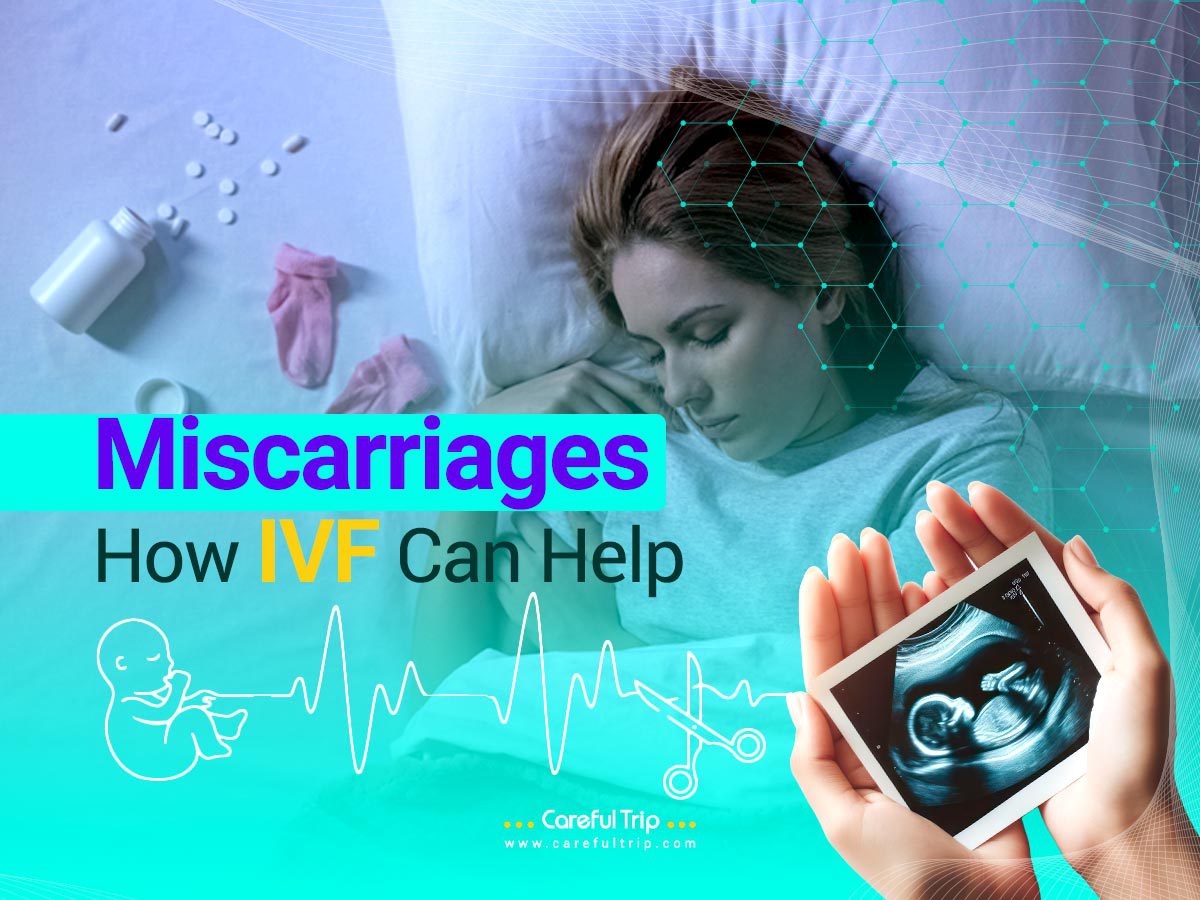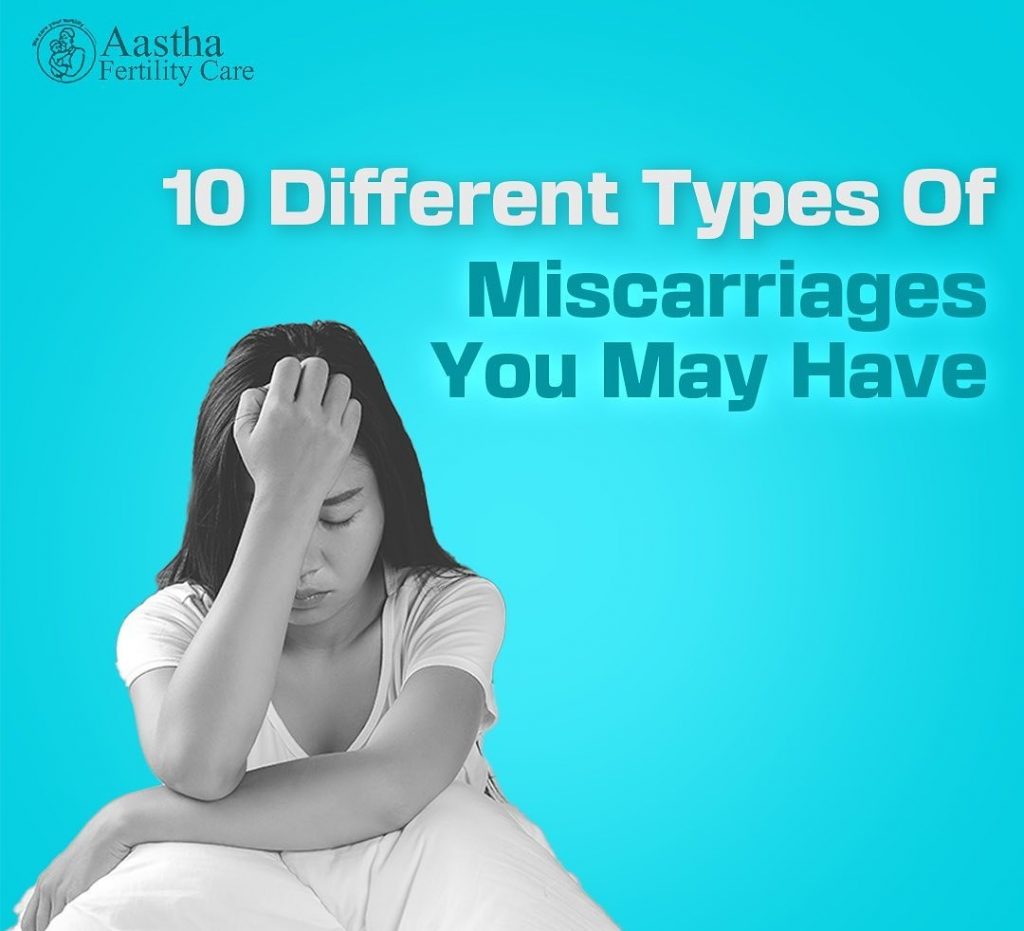Understanding Miscarriage: How Many Miscarriages Can Someone Have?
Experiencing a miscarriage can feel incredibly isolating, a deeply personal and often heartbreaking event for many people. It's a loss that, you know, touches so many lives, whether you've gone through it yourself or perhaps know someone who has. People often wonder about the chances of this happening, and how many times it might occur, so it's really important to talk about it openly.
For a lot of folks, there's a quiet worry about what's considered "normal" when it comes to pregnancy loss. This article aims to bring some clarity to those questions, looking at the common experiences and what the numbers tell us. We'll explore what a miscarriage truly means, how often it happens, and what it means if someone experiences more than one.
We'll also discuss when it might be a good idea to seek medical advice, especially when multiple losses occur. Understanding these details can help individuals feel a bit more informed and supported, and, you know, perhaps a little less alone during what can be a very challenging time. We're here to share information that can offer some comfort and guidance.
- Are Alina And Zahide Twins
- What Trope Is Twisted Lies
- Who Does Alina Marry
- Do Josh And Jules Have A Baby In Twisted Series
- Which Rapper Is 59
Table of Contents
- Understanding Miscarriage: A Common Experience
- How Many Miscarriages Do People Typically Have?
- When Does it Become Recurrent Pregnancy Loss (RPL)?
- What Causes Multiple Miscarriages?
- Hope After Loss: Can You Still Have a Healthy Pregnancy?
- The Emotional Impact of Miscarriage
- Frequently Asked Questions (FAQs)
Understanding Miscarriage: A Common Experience
A miscarriage, sometimes called an early pregnancy loss, is when a pregnancy ends on its own before a certain point. Most often, this happens before 20 weeks of pregnancy, though some definitions extend that to before 24 weeks. It's a very common occurrence, affecting a good number of pregnancies, and, you know, it's something many women go through.
The exact number of pregnancies that end this way can actually be a bit tricky to pinpoint. It's estimated that somewhere between 10 to 20 out of every 100 known pregnancies, so that's like 10 to 20 percent, result in a miscarriage. However, some studies suggest the real figure might be higher, perhaps even more than 30 percent of all pregnancies. This is because, well, many miscarriages happen very early on, sometimes even before a person realizes they are pregnant at all. So, the actual count could be, you know, quite a bit higher than what's officially recorded.
The chance of a pregnancy loss, a miscarriage, does tend to go down after the first trimester, which is a bit of comforting news for many expectant parents. This is why, in a way, those early weeks can feel especially anxious for some. We're talking about the statistics related to early losses, those that happen in the second trimester, and also, you know, what's known as recurrent miscarriage.
- Who Is Harry Donovan Lawyer
- How Old Is Jules In Twisted Hate
- Who Is Shannon Breams Brother In Law
- Who Is The Heaviest Rapper Ever
- What Is Nate The Lawyers Real Name
How Many Miscarriages Do People Typically Have?
When someone experiences a miscarriage, a common thought is, "Will this happen again?" It's a very natural worry, you know. Most people who experience a pregnancy loss will actually only have one miscarriage. It's important to remember that, as a matter of fact, the vast majority of individuals go on to have healthy pregnancies after just one loss. This can be quite reassuring for many.
However, the risk of having another miscarriage does change a little bit depending on how many losses someone has had before. For example, if someone has had one miscarriage, the chance of another one in a future pregnancy is about 20 percent. So, that's like 1 in 5, you know, roughly.
If someone has experienced two miscarriages in a row, the risk of having another one goes up a little, to about 25 percent. Then, if there have been three or more miscarriages in a row, the risk for another loss increases to somewhere between 30 to 40 percent. These figures, you know, help paint a picture of how the chances shift with each additional loss. It's a bit of a progression, you see, but still, many people go on to have healthy pregnancies even after multiple losses.
When Does it Become Recurrent Pregnancy Loss (RPL)?
The term "recurrent pregnancy loss," or RPL, is used when someone has experienced multiple miscarriages. This is a very specific definition, and it's quite important for when people might need to seek specialized help. It's also known as recurrent miscarriage, and it refers to repeated pregnancy losses.
The Evolving Definition of RPL
In the past, the medical community often considered three miscarriages to be the point at which recurrent pregnancy loss was defined. It was thought that, you know, three was "too many" before truly investigating. However, modern understanding has shifted. The current definition of recurrent miscarriage or recurrent pregnancy loss is now two or more miscarriages. This change reflects a growing awareness that no one should have to go through three losses before getting help, as a matter of fact. It's a recognition that even two losses can be incredibly impactful and warrant investigation.
About 1 in 100 women experience recurrent miscarriages, which means they've had three or more in a row. For these women, the question of whether they'll ever carry a baby to term is, you know, a very real and often painful concern. It's a situation that brings a lot of worry and, understandably, a desire for answers and solutions.
When to Seek Help
Given the modern definition, if you are trying to conceive and have experienced two miscarriages, it's generally recommended that you come in for a consultation. This is when multiple miscarriages become recurrent pregnancy loss, and when you should really think about seeking treatment. Getting an evaluation at this point can help identify potential causes and, you know, explore treatment options that might improve the chances of a successful future pregnancy. It's about being proactive and getting the support you need.
What Causes Multiple Miscarriages?
Recurrent miscarriage, or pregnancy loss, can happen for a variety of reasons. It's not just one thing, you know, but often a combination of factors. Understanding these causes can be a first step towards finding ways to help. These causes can include genetic anomalies, which means there might be something not quite right with the chromosomes of the embryo itself. This is, you know, a very common reason for early losses.
A person's age can also play a role. As women get older, the risk of miscarriage, including recurrent ones, tends to increase. This is, in a way, related to egg quality and the likelihood of genetic issues. Furthermore, medical conditions that someone already has can contribute. These might be things like certain hormonal imbalances, problems with the uterus, or, you know, issues with blood clotting. These existing conditions can make it harder for a pregnancy to continue.
Other reasons for miscarriages can include where the embryo was implanted in the uterus, if it was in the wrong place, for instance. Also, extreme stress in the mother is something that can sometimes be a factor. It's important to remember that miscarriages can happen for many, many reasons, and often, it's not due to anything the individual did or didn't do. There are treatments available for recurrent miscarriage, and finding out more about these can be a really important step.
Hope After Loss: Can You Still Have a Healthy Pregnancy?
For many people who have experienced the profound sadness of losing a baby in early pregnancy, a big question looms: can I still have a healthy pregnancy? The answer, very often, is yes. It's a hopeful message that, you know, many people need to hear. Most pregnant people who miscarry do so only once, and they go on to have healthy pregnancies afterwards. This is a crucial point, offering a lot of reassurance.
Even if someone has experienced multiple miscarriages, it's absolutely possible to still have a healthy pregnancy. While about 1 percent of expectant mothers suffer from multiple miscarriages and recurrent pregnancy loss, the outlook for many is still quite positive. There are, you know, causes and treatments for multiple miscarriages that can significantly improve the chances of carrying a baby to term. Learning more about these can be a vital step for couples hoping to expand their families.
Medical advancements and increased understanding mean that for many types of recurrent pregnancy loss, interventions can make a real difference. This might involve managing underlying medical conditions, addressing genetic factors, or, you know, other targeted approaches. It's about finding the specific reason for the losses and then, if possible, working to correct it. So, there is, in a way, a lot of hope and support available for those navigating this difficult path.
The Emotional Impact of Miscarriage
Beyond the physical aspects, miscarriage carries a heavy emotional weight. It's a deeply personal and emotional experience, and for many people who have a pregnancy or baby loss, the word 'miscarriage' doesn't properly express the impact of their loss. This is especially true if the pregnancy was planned and eagerly anticipated. The emotional distress can be quite intense, you know, for many.
In fact, nearly 20 percent of women who experience a miscarriage develop symptoms of depression and anxiety. This is a significant number, showing just how profoundly this loss can affect mental well-being. It's a very real and valid response to such a difficult event. Thankfully, there's a range of therapeutic treatment options available for these symptoms, and seeking support is, you know, a very brave and important step.
The physical recovery also has an emotional component. For instance, sex after miscarriage can be difficult, both physically and emotionally. There are general guidelines for how long someone might wait, but it's okay to take all the time you need. The healing process, both for the body and the mind, is very personal and, you know, takes its own course. Support is available for anyone who has experienced the loss of a baby, whether through miscarriage, stillbirth, neonatal death, or termination for medical reasons. You can find more information and support from reputable organizations that help people through these tough times.
Frequently Asked Questions (FAQs)
Here are some common questions people often ask about miscarriages and recurrent pregnancy loss:
Is it normal to have more than one miscarriage?
While most people will only have one miscarriage, it's not unheard of to have more. The risk of another miscarriage does increase slightly with each previous loss, but, you know, it's important to remember that many people go on to have healthy pregnancies even after multiple miscarriages. About 1 in 100 women experience three or more miscarriages in a row, which is a specific situation.
What is considered recurrent pregnancy loss?
Recurrent pregnancy loss (RPL) is currently defined as having two or more miscarriages. In the past, the definition often required three losses, but this has changed. The modern view is that, you know, two losses are enough to warrant seeking medical investigation and potential treatment.
Can you have a healthy pregnancy after multiple miscarriages?
Absolutely, yes. Many women who experience recurrent pregnancy loss do go on to carry a baby to term successfully. While it can be a very worrying time, there are often causes for multiple miscarriages that can be identified and, you know, treated. Finding the right medical support can greatly improve the chances of a healthy future pregnancy.
Learn more about miscarriage support on our site, and link to this page Find resources for coping with loss here.
Today, June 10, 2024, we continue to learn more about pregnancy loss, offering greater understanding and hope to those affected.
- Who Is Sandra Locke Married To Now
- What Is Shannon Breams Husbands Diagnosis
- What Is The Most Rare Female Voice
- What Can Jules Do
- Who Is Sandra Ohs Life Partner

Miscarriages - How IVF Can Help

Why Do Miscarriages Happen? 5 Miscarriage Myths We Need to Stop

10 Different Types Of Miscarriages You May Have